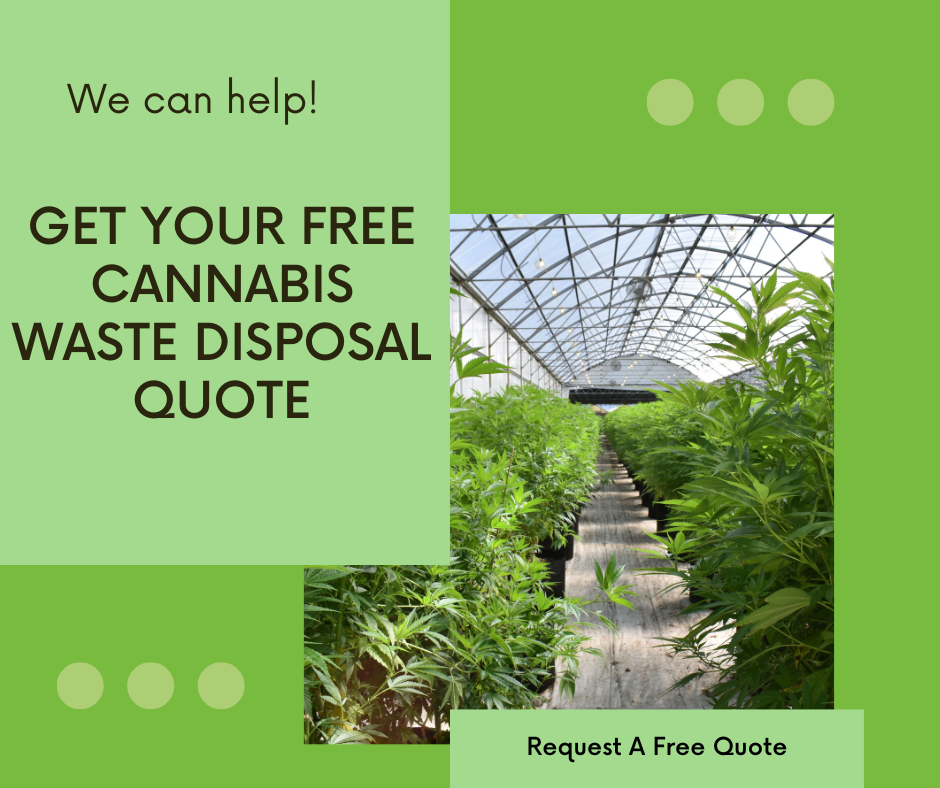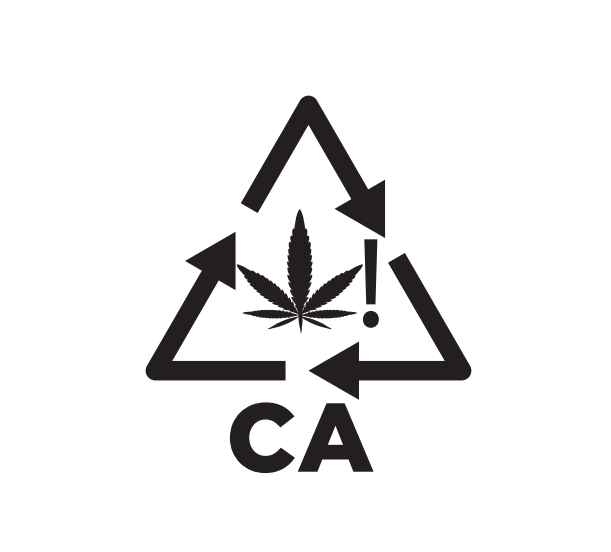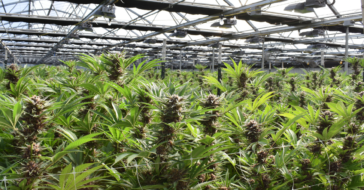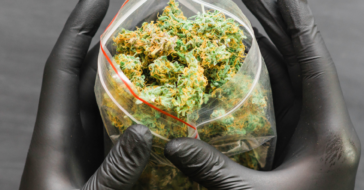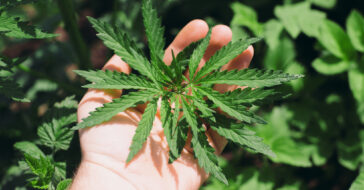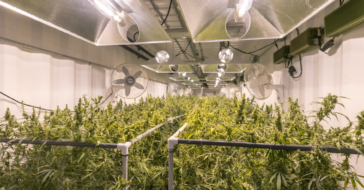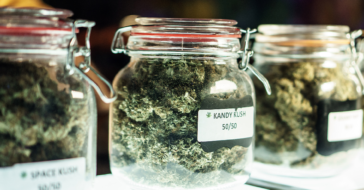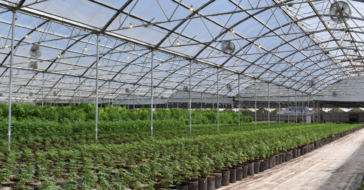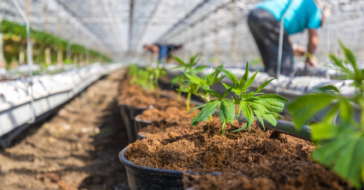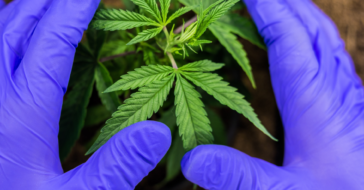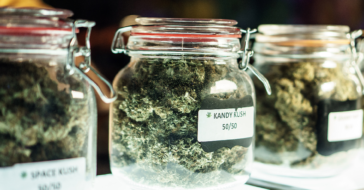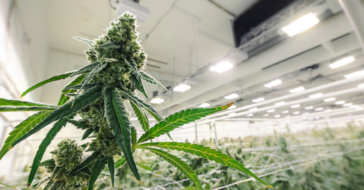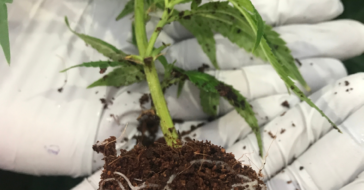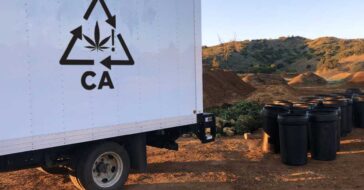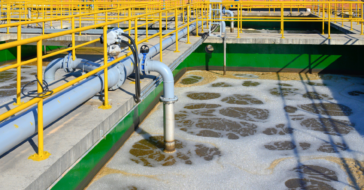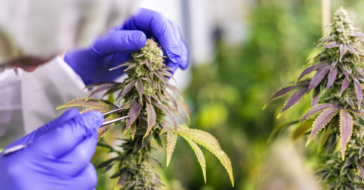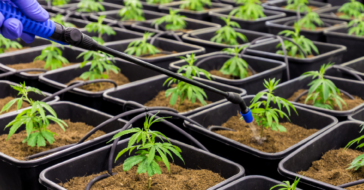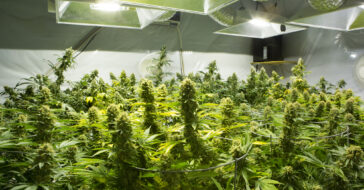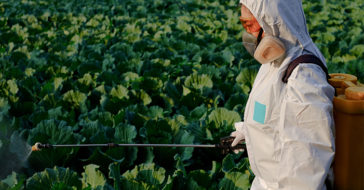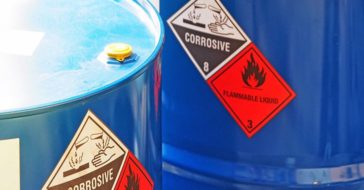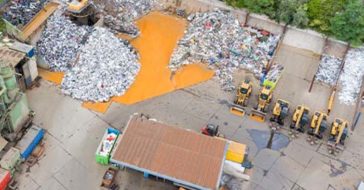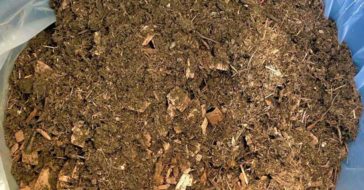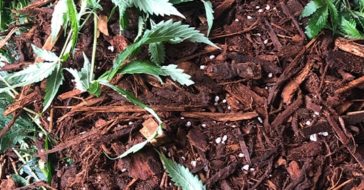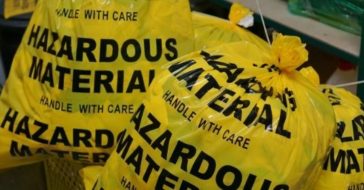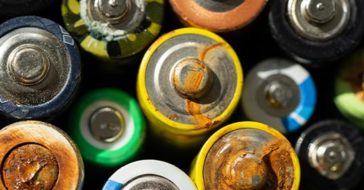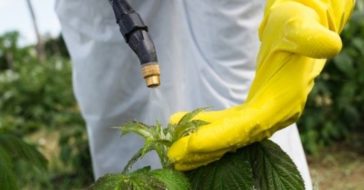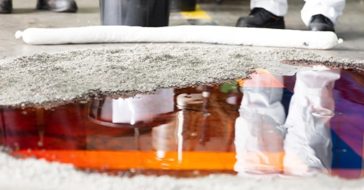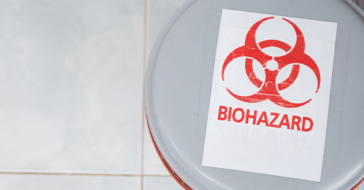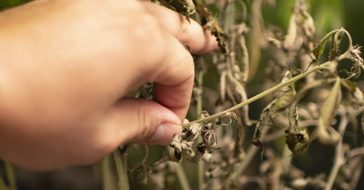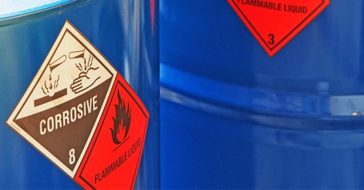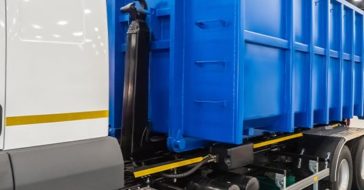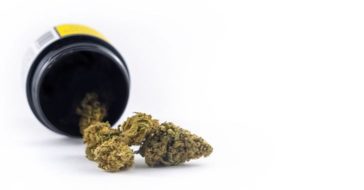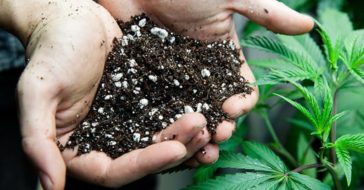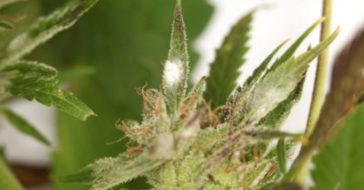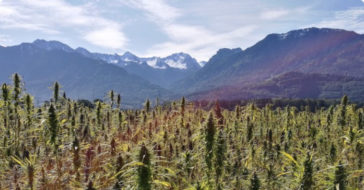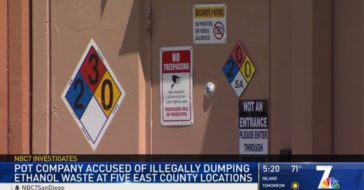Your goal is to run a cannabis business that flourishes. But amidst the buzz of success, you’re suddenly confronted with a challenge that may leave your head spinning.
In California, there is a labyrinth of waste disposal regulations that you must follow. While you understand the gravity of compliance, this maze of state cannabis laws can feel overwhelming.
Here are some of the most pressing cannabis waste disposal requirements you should know as you enter into business.
You Must Separate Your Cannabis Waste
It’s not unusual to have more than one waste stream at your business. If you’re a cannabis grower, supplier or other type of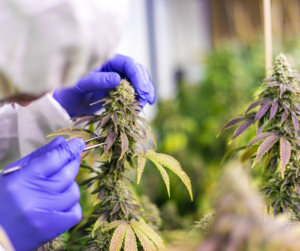 business, it’s highly likely you have several waste streams.
business, it’s highly likely you have several waste streams.
California is one of the strictest states when it comes to disposing of waste, especially hazardous waste. Each waste stream has its own set of regulations that you must follow. One of the most important requirements upfront is that you must separate each of these streams.
Let’s take a look at what types of waste you might generate in your cannabis business:
- Plant waste (leaves, stems and roots)
- Manufacturing waste (generated during the extraction, distillation and refinement of cannabis products)
- Soil (which could be contaminated with pesticides or other chemicals)
- Chemical waste (solvents, cleaning agents and other chemicals)
- Water waste (used for irrigation or in the manufacturing process)
- Electronic waste (computers, weighing devices and appliances)
- Packaging waste (boxes, containers and other shipping supplies)
- Expired products or failed samples
- Food waste
- Personal protective equipment (PPE) (disposable gloves, masks and other types)
- Other types of contaminated materials that have come in contact with cannabis or marijuana products
While some of these waste streams may be considered non-hazardous, some are likely to be considered hazardous. For example, in California, most types of electronic waste have hazardous components.
Mixing cannabis waste with any other types of waste can create hazardous working conditions for workers who dispose of the waste, unaware that the items they are handling are potentially contaminated with a harmful substance. You’re also violating guidelines that state you must separate each of these types of waste before disposal.
Render Waste Unusable
If any part of your waste comes in contact with THC, you must render cannabis waste unusable and unrecognizable.
But what exactly does this mean? Before disposing of waste, you must make sure that it is deconstructed so that no one can identify the material. In other words, if someone were to come across a piece of waste that must be rendered unusable, the idea behind the rule is that the person wouldn’t be able to consume, use the material or tell what it was used for before it was rendered.
There are also other defined times that you must render a waste unrecognizable and unusable:
- When cannabis flowers or products don’t meet testing or quality requirements, they must be rendered unusable before disposal.
- Recalled cannabis flowers or products must be rendered unusable after a minimum 72-hour quarantine prior to disposal.
- All rendering of cannabis flowers and products must be done under video surveillance unless the licensee performs the rendering during active cultivation activities on the premises licensed exclusively for cultivation.
- Samples held by licensed testing laboratories can now be rendered unrecognizable and unusable after at least 45 business days after analysis.
One important note to consider is that this rule is not easily defined. While some businesses may completely grind a material and blend it with non-consumable solid waste, others may simply pour a chemical or grease over it so that it can’t be used. A reputable cannabis waste management company can help guide you in this process to ensure you are following this rule.
Secure Your Cannabis Waste
Trash cans purchased at your local hardware store simply won’t do when it comes to securing cannabis waste.
Any cans containing cannabis waste on your property must be secured so that only the approved employees can access them prior to shipment to a disposal facility.
Here’s another example of why working with the top cannabis waste disposal companies is important. Disposal companies should provide you with UN-rated containers to ensure the secure handling of your waste. These containers are air-tight and offer maximum odor protection. Containers should also have a biodegradable lining to ensure proper hygiene.
Ensure your workers are trained and aware of which containers should be used for cannabis waste, as well as which waste is hazardous. Employees should also place the containers in areas where someone cannot access them without authorization.
Track And Trace
Disposal companies should always track your cannabis waste through the disposal process to ensure it arrives safely to its destination. However, in California, there is much more to tracking and tracing anything that has to do with cannabis.
destination. However, in California, there is much more to tracking and tracing anything that has to do with cannabis.
All state-issued cannabis licensees must use the California Cannabis Track-and-Trace (CCTT) to record and track information related to their cannabis inventory. This track and trace system is also commonly referred to as “seed to sale” reporting. Through this system, your cannabis products or cannabis materials are tracked throughout the supply chain, from cultivation to the sale of products.
The state of California set up this system to ensure transparency, accountability and regulatory compliance within the cannabis industry. It’s important to utilize this system not only to protect your business but also to help protect the industry as a whole as it evolves.
CCTT uses specialized software and databases to track the entire lifecycle of a cannabis product, including cultivation, harvesting, processings, distribution, transportation, sales and retail, reporting and compliance, recalls and safety, and waste removal.
Assess And Refine Your Waste Disposal
In California, you must develop a cannabis waste management plan under the CCTT. This plan describes your methods for handling cannabis waste but also serves as an opportunity to assess and refine your waste disposal as you grow as a business.
Areas that your waste management plan should include are:
- Your disposal method for your waste, whether on-site like composting or mulching or off-site at a disposal site
- Which waste containers you are using, and if they are secure
- The types of waste your business generates
- The categories your waste falls into, such as organic vs. non-organic waste
- Procedures for handling your waste, including how that waste is collected, stored and handled within the facility
- Your waste collection schedule
- Your procedures for sorting your waste and then storing it
- Transportation protocols for moving cannabis waste
- Important documents, including manifests, disposal receipts and other reporting requirements
- Employee training in waste handling procedures
Another important aspect of your waste management plan that you should continually update is what procedures you have in place if an emergency occurs. Your plan should include any hazards that are present, as well as protocols for responding to emergencies like spills, leaks or fires.
Transport Your Waste Legally
In most cases, one of your employees cannot transport your waste to a disposal site unless it is non-hazardous and the site accepts your waste. In most cases, California requires that a licensed disposal company transport your cannabis waste to the right facility for treatment.
How do you find the right cannabis waste disposal company so that you can trust that your waste will arrive safely? This is an important question since you are responsible for the cannabis waste your business generates … even after it leaves your facility.
The best cannabis waste companies will:
- Identify the type of waste your business generates
- Work with you to establish storage procedures onsite
- Help train your employees to use the correct containers
- Assist you with developing a comprehensive waste management plan
- Maintain accurate records in an updated system
- Allow you to access your company’s records
- Develop an emergency response plan to address potential accidents
- Create a waste pickup schedule that aligns with your production schedule
- Provide excellent customer service that you can rely on as a business
In ensuring compliance and safety, it’s crucial to partner with a reputable cannabis waste disposal company that understands the unique needs of your business. By selecting a company that prioritizes proper handling, documentation and responsiveness, you can trust that your waste will be managed effectively from your facility to its final destination.

